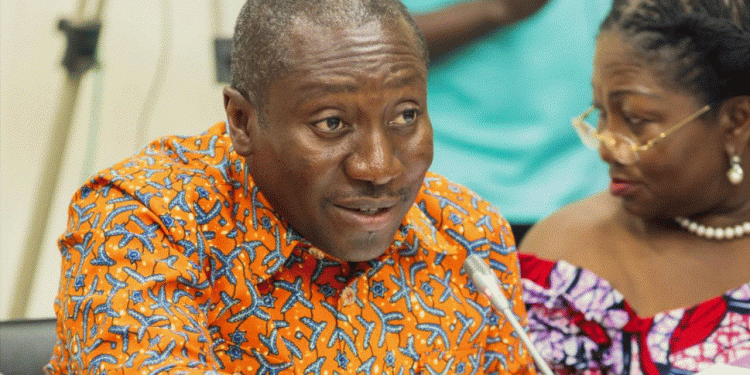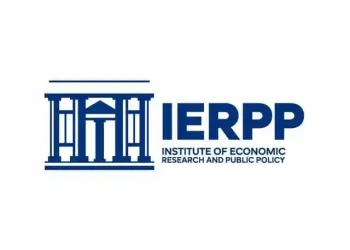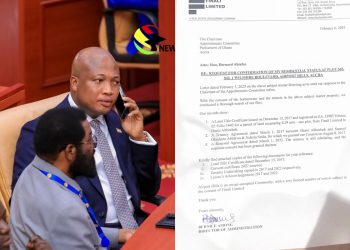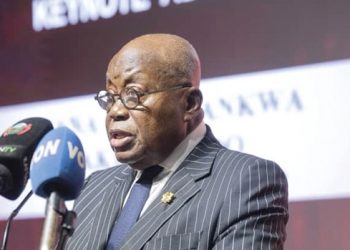The Majority Leader and Member of Parliament for Effutu, Alexander Afenyo-Markin, has called for urgent reforms to reduce port charges and boost trade among countries in the Economic Community of West African States (ECOWAS).
Delivering an incisive contribution at the Crans Montana Forum in Morocco, Afenyo-Markin painted a vivid picture of the obstacles stifling intra-African trade. Chief among them, exorbitant port charges, logistical inefficiencies, and the absence of coordinated industrial policy across the continent.
Recounting a real-world example from a trade delegation he led to Morocco three years ago, the Ghanaian lawmaker revealed how a promising bilateral venture between Moroccan poultry exporters and Ghanaian agribusinesses collapsed due to port-related costs.
“Initially, it was more cost-effective to import poultry from Morocco than from Brazil or the Netherlands,” he said. “But when the port charges and tariffs were added, the cost tripled. The Moroccan investors pulled out, and the opportunity was lost.”
That missed opportunity, he argued, is emblematic of a broader structural problem affecting Africa’s trade corridors and supply chains – one that repeatedly pushes African businesses to favour external markets over intra-continental ones.
Afenyo-Markin lamented that many landlocked nations like Mali, Niger, and Burkina Faso continue to depend heavily on coastal neighbours for access to global markets. However, inefficiencies in port management, infrastructure, and security risks along key corridors like Dakar, Abidjan, Lomé, Tema, and Cotonou render regional trade uncompetitive.
“We talk about regional integration, yet transport networks between Ghana and Lagos remain underdeveloped. Modern rail connections are poor, and roads are riddled with inefficiencies, red tape, and sometimes insecurity,” he said.
He noted that while Africa boasts various regional blocs and frameworks – ECOWAS, SADC, and the African Continental Free Trade Area (AfCFTA), their success hinges on proactive infrastructure planning and policy harmonisation.
Unfortunately, high costs, tariff mismatches, and poor corridor governance continue to undermine the continent’s potential.
According to Afenyo-Markin, Africa’s internal inefficiencies make it easier and cheaper to trade with Europe or Asia than with neighboring countries. This dynamic discourages local production, deepens dependency, and stifles industrialisation.
The ECOWAS Deputy Speaker called for a renewed commitment to:
• Streamline port charges and customs procedures
• Invest in cross-border transport infrastructure
• Promote regional industrial policies to reduce destructive competition
• Foster trust and policy coordination across the continent
He cautioned that the exit of some Sahelian countries from ECOWAS complicates regional trade policy even further, introducing uncertainty around free movement, trade rules, and customs protocols.
“If we cannot build a fluid, predictable, and cost-effective regional trade system, then we leave our people with no choice but to look beyond Africa for trade,” he warned.
As discussions at the Crans Montana Forum intensified around peace, integration, and sustainable development, Afenyo-Markin’s intervention stood out as a sobering reminder of the urgency to move from rhetoric to reform, especially on trade and infrastructure.










